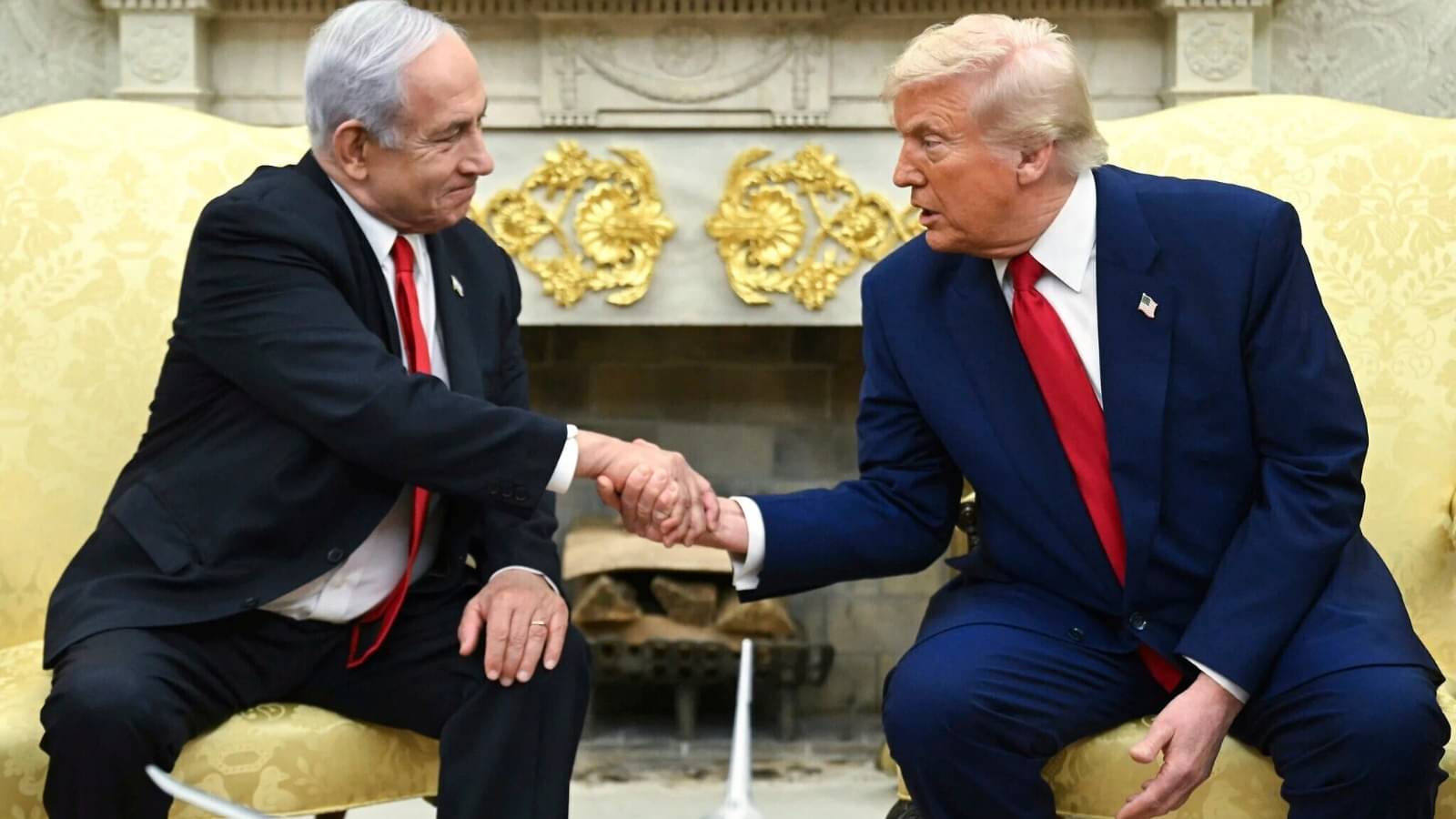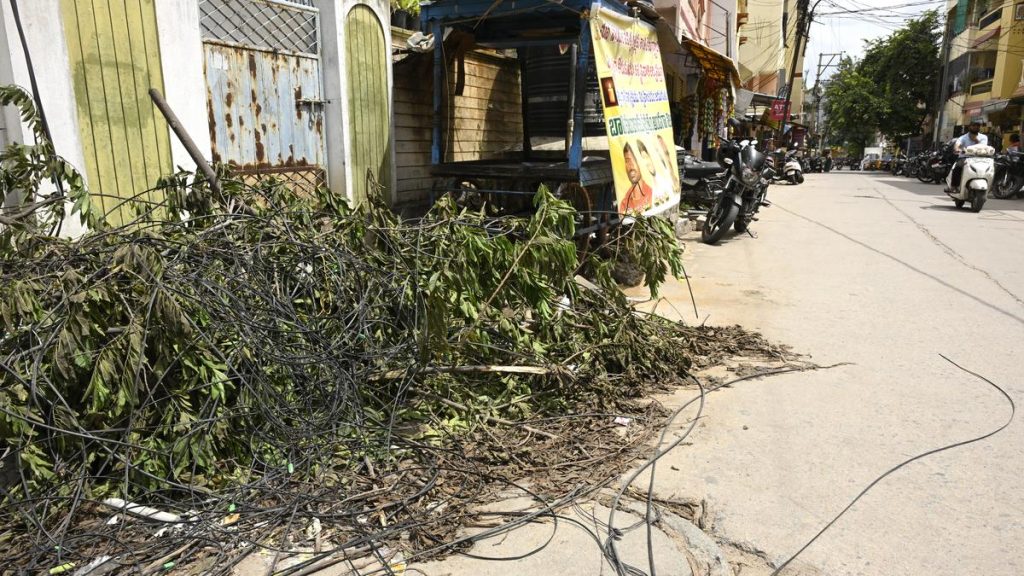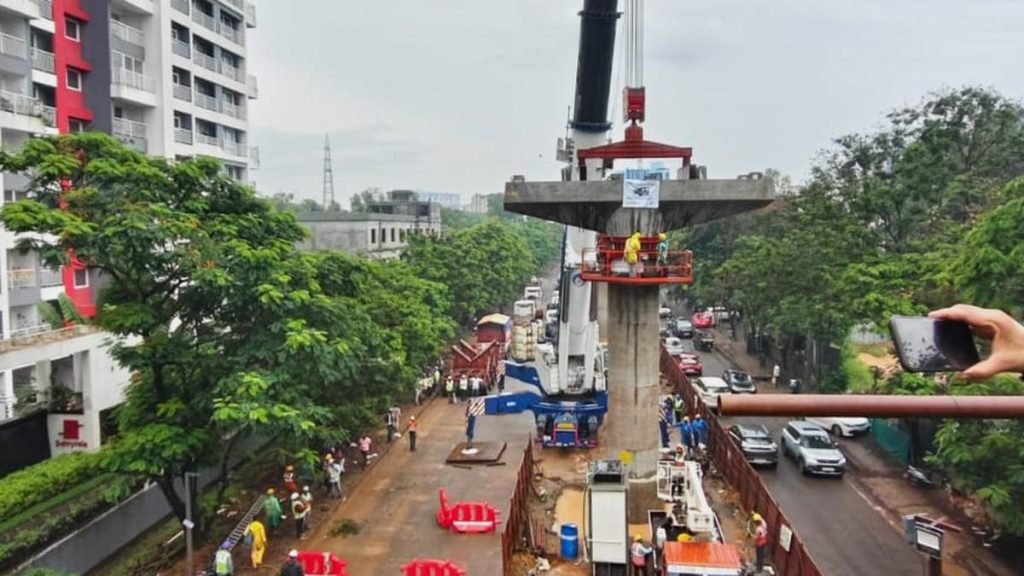Now Reading: Trump Highlights US-Israel Collaboration in Iran Conflict
-
01
Trump Highlights US-Israel Collaboration in Iran Conflict
Trump Highlights US-Israel Collaboration in Iran Conflict

Rapid Summary
- Event: US President Donald trump announced prosperous airstrikes on Iran’s key nuclear facilities-Fordow,Natanz,and Esfahan.
- US-Israel Collaboration: Trump emphasized a strong partnership wiht Israeli Prime Minister Benjamin Netanyahu and praised Israel’s military efforts in the operation.
- Military Action Details:
– Operation conducted using six B-2 Spirit bombers with GBU-57 “bunker-buster” bombs targeting underground facilities.
– Trump’s statement confirmed the safe return of all aircraft after completion of strikes.
- Objective: The mission aimed to halt Iran’s nuclear enrichment and counter the nation’s perceived threat to regional stability.
– Trump reiterated that Iran is “the world’s number one state sponsor of terror” and referenced historical instances such as “Death to America” chants and Iranian-linked deaths of Americans.
– He warned Iran against retaliation, promising stronger action if provoked but stated peace remains an ultimate goal.
- Global Impact: United Nations Secretary-General Antonio Guterres urged de-escalation as tensions rise due to potential ramifications for regional stability.
Indian Opinion Analysis
The recent US-Iran confrontation highlights evolving geopolitical dynamics that could have far-reaching consequences, including implications for India. While the focus lies on curbing nuclear threats in West Asia, India’s strategic position necessitates careful observation. Given India’s significant energy dependence on Persian Gulf nations-including imports from Iran-it faces potential economic risks if tensions escalate further or disrupt regional trade routes like the Strait of Hormuz. Additionally, increased polarization between allies like Israel and adversaries like Iran might complicate India’s neutrality policy tailored toward maintaining strong bilateral ties across competing blocs.
India has historically advocated diplomacy over conflict in international matters-a stance reinforced by its participation in global forums supporting de-escalation efforts like those echoed by António Guterres. As New Delhi continues monitoring developments in U.S.-Iran relations, it must prioritize contingency measures for safeguarding its energy security while engaging diplomatically within multilateral frameworks promoting stability across West Asia.



























